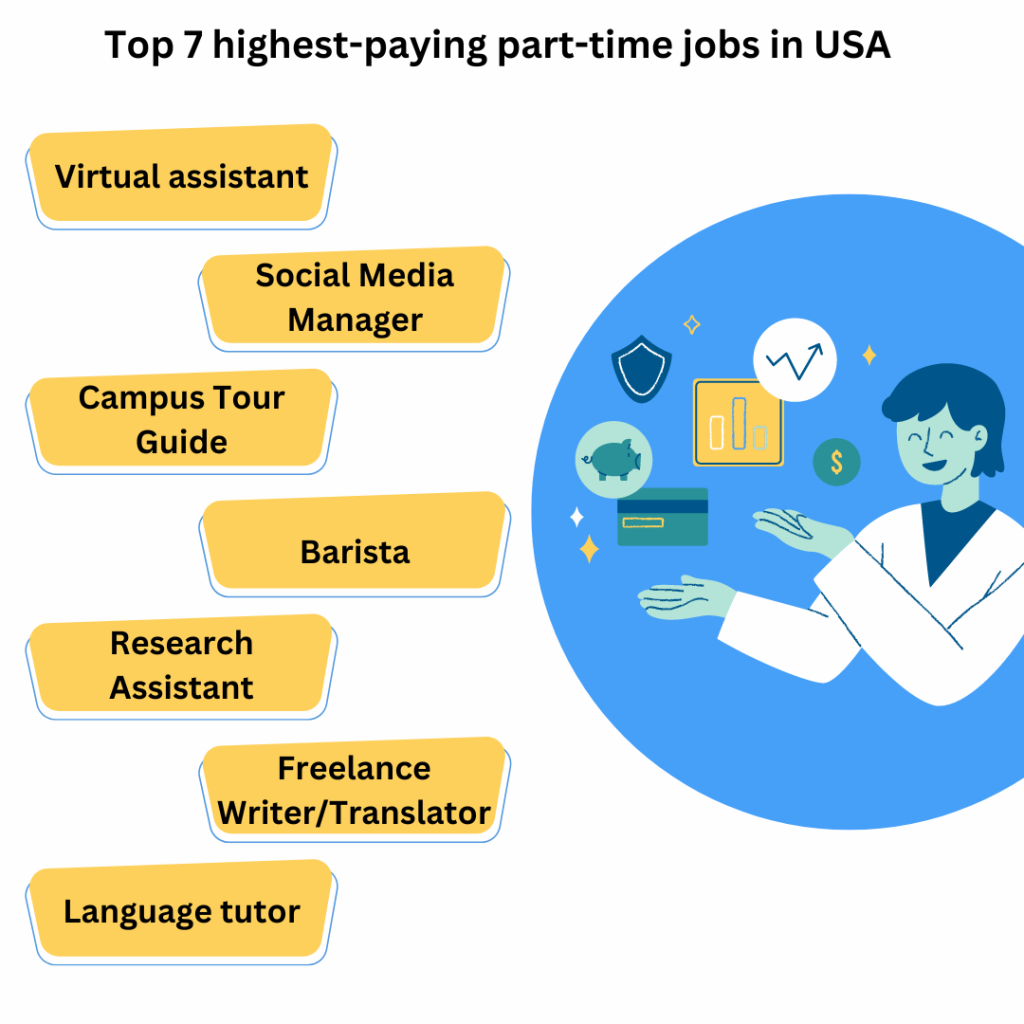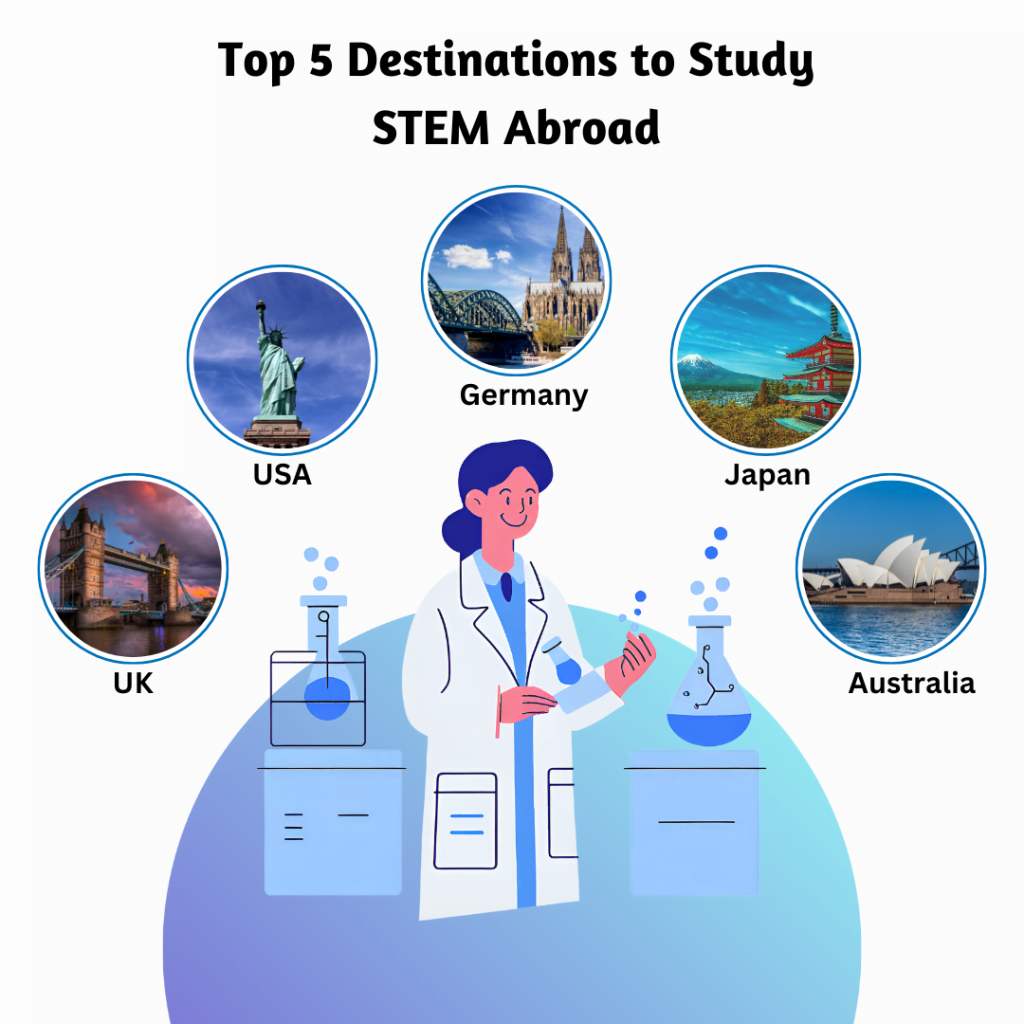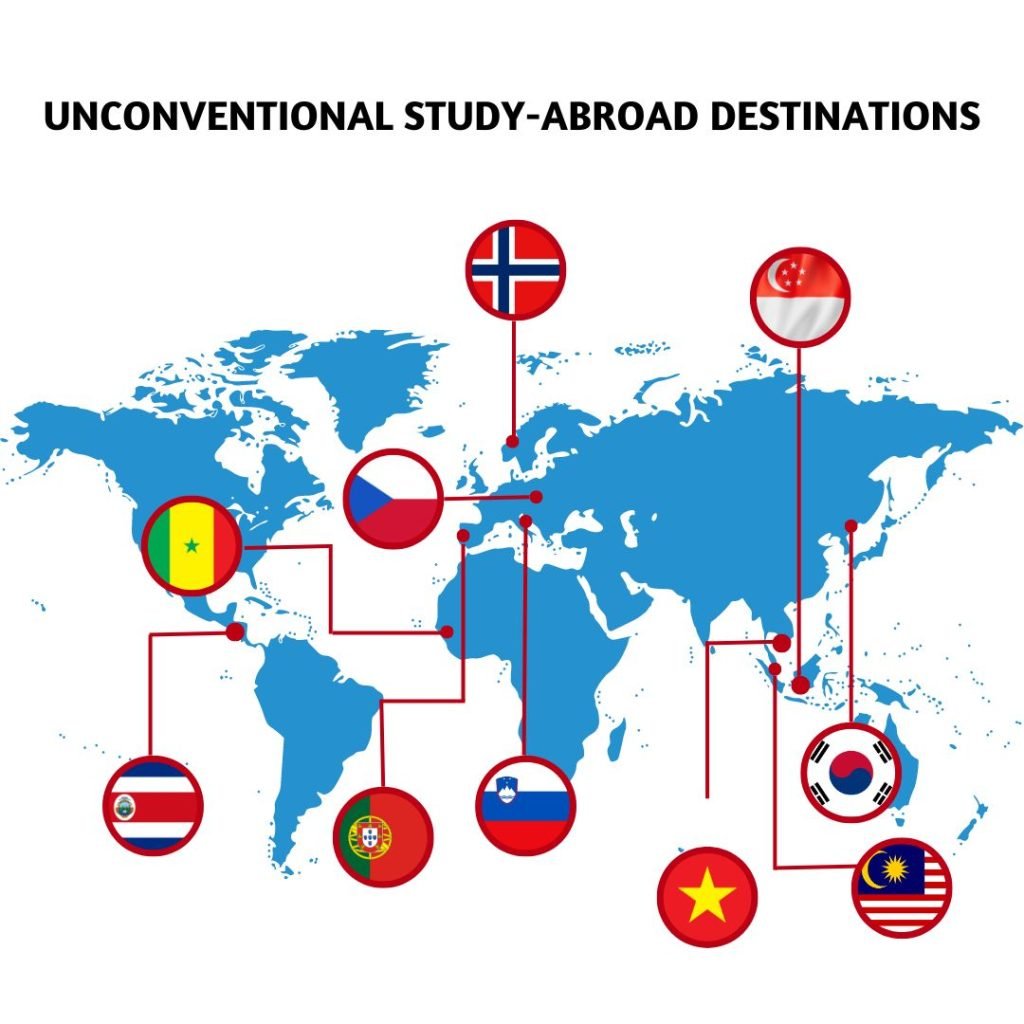In recent years, pursuing an MBA in Germany has become an increasingly attractive option for students worldwide, including those from India. Known for its robust economy, high-quality education system, and significant opportunities for post-graduate employment, Germany offers a unique blend of academic rigor and practical business insights. In this comprehensive guide, we’ll explore the essential aspects of pursuing an MBA in Germany—covering top universities, eligibility requirements, costs, and the promising career opportunities post-graduation.
Why Choose an MBA in Germany?
The decision to pursue an MBA in Germany is compelling for several reasons. German business schools combine excellent academic education with practical experiences, often collaborating with leading businesses. This integration with industry ensures that MBA graduates are well-prepared to meet the demands of the global business environment. Additionally, Germany’s strong economic framework provides MBA students with ample networking opportunities and potential job prospects in multinational companies.
Top Universities for MBA in Germany
Germany boasts several top-tier universities offering internationally recognized MBA programs. Here are some of the most prominent:
- Mannheim Business School: Often ranked as the best in Germany, Mannheim offers an MBA with a strong focus on international business strategies. The program provides global study opportunities and extensive career support services.
- ESMT Berlin: The European School of Management and Technology in Berlin is known for its focus on innovation and technology management. The MBA curriculum is designed to foster entrepreneurial skills necessary for the digital age.
- Frankfurt School of Finance & Management: This school offers a highly competitive MBA program focusing on finance and management, providing students with the skills needed to excel in the global finance industry.
- WHU – Otto Beisheim School of Management: Located in Vallendar, WHU offers an MBA program renowned for its strong international orientation and extensive network of alumni.
These institutions not only provide quality education but also enhance the MBA in Germany experience with their diverse student bodies and expert faculties.
Eligibility Requirements for an MBA in Germany
Admission to an MBA program in Germany requires a combination of academic credentials and professional experience. Here’s what you typically need:
- Bachelor’s Degree: Applicants must hold a bachelor’s degree from an accredited university. Some business schools might require degrees in business-related fields, but many also accept candidates from diverse academic backgrounds.
- Work Experience: Most MBA programs in Germany require candidates to have at least two to three years of professional work experience. This requirement ensures that students can contribute to and benefit from the program’s practical focus.
- GMAT/GRE Scores: A competitive GMAT or GRE score is often essential for admission to an MBA in Germany, although requirements vary by school. Some programs may waive this requirement for candidates with significant professional achievements or higher academic qualifications.
- Language Proficiency: While many MBA programs in Germany are offered in English, proficiency in German can be a significant advantage, especially when looking for internships or employment post-MBA.
- Motivational Letters and Interviews: Applicants must typically submit a motivational letter stating their reasons for choosing an MBA in Germany. Many schools also conduct interviews to assess candidates’ suitability for their program.
Cost of Studying MBA in Germany
One of the most appealing aspects of studying for an MBA in Germany is the relatively low cost of education compared to other popular MBA destinations. Public universities in Germany charge minimal tuition fees, even for master’s programs like an MBA. However, private business schools do charge higher fees, ranging from €30,000 to €50,000 for the entire program. Additionally, living expenses in Germany can range from €800 to €1,200 per month, depending on the city.
Career Opportunities After an MBA in Germany
Graduating with an MBA in Germany opens numerous doors for international students. Germany’s labor market is receptive to MBA graduates, especially in industries such as finance, engineering, logistics, and technology. Companies in Germany value the analytical skills, strategic thinking, and international perspectives that MBA graduates bring. Moreover, MBA graduates in Germany are well-placed to take advantage of the EU’s dynamic job market. With an MBA from a German university, students can also explore opportunities in emerging business hubs within the EU. The average salary for MBA graduates in Germany can range significantly but generally falls between €60,000 to €100,000 annually, depending on the sector and the individual’s experience.
Pursuing an MBA in Germany offers a blend of rigorous academic training, practical experience, and excellent career opportunities. With affordable education costs, top-notch universities, and a robust job market, an MBA in Germany is undoubtedly a wise investment for future business leaders. As the global business landscape evolves, an MBA from a German institution equips students with the skills needed to navigate and succeed in this dynamic environment.
If you are planning to study in Germany in 2024-25 and have any doubts about the process, do not hesitate to contact Study Unifees, the best study abroad consultancy. Their expertise and guidance can help you navigate the complexities of studying abroad and ensure a smooth transition to your new academic and cultural environment.










 )
) )
) )
) )
) )
)




